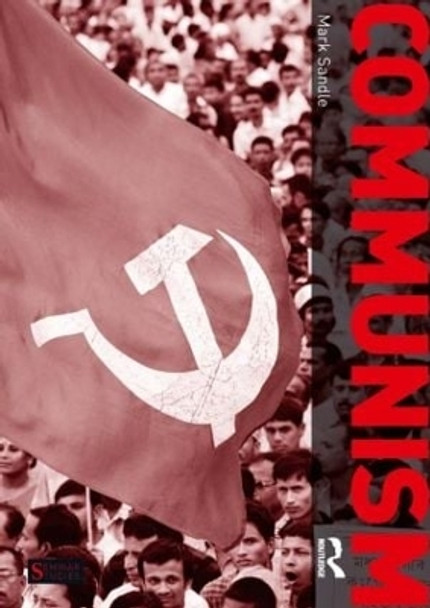Description
Why did communism grow so quickly? Why did it spread to turn almost half of the world red by the mid-1970s? What impact did it have upon capitalism and capitalist society?
Communism is a concise introduction to one of the most important and influential movements of the 20th century. It shows how the modern communist movement emerged out of radical millenarian movements of the Middle Ages and the English Civil War, becoming a mass movement of industrial society, seeking to overturn capitalism and replace it with a society of equality, justice, harmony and co-operation. It traces the growth of modern communism from its beginnings in the early nineteenth century to its position of global power at the end of the Second World War.
Mark Sandle investigates the ultimate failure of communism as a political ideology, and concludes by asking how far the historical record of communism has been used to conceal the historical record of capitalism.
Ideal for courses in both History and Politics.
This new edition of Sandle's popular introduction to the history of communism provides a concise introduction to one of the most important and influential movements of the 20th century, and is now available in the Seminar Studies format with added primary source material.
About the Author
Mark Sandle is Professor of History at The King's University College, Canada. His previous publications include A Short History of Soviet Socialism (1999) and Brezhnev Reconsidered (2002) and Gorbachev (2008).
Reviews
"By looking at radical millenarian movements of the Middle Ages and the English Civil War, Mark Sandle explains how communism became a mass movement seeking to overturn capitalism and replace it with a society of equality, justice, harmony and cooperation."
- Times Higher Education
Book Information
ISBN 9781408264508
Author Mark Sandle
Format Paperback
Page Count 232
Imprint Routledge
Publisher Taylor & Francis Ltd
Weight(grams) 420g
Dimensions(mm) 174mm * 240mm * 13mm









